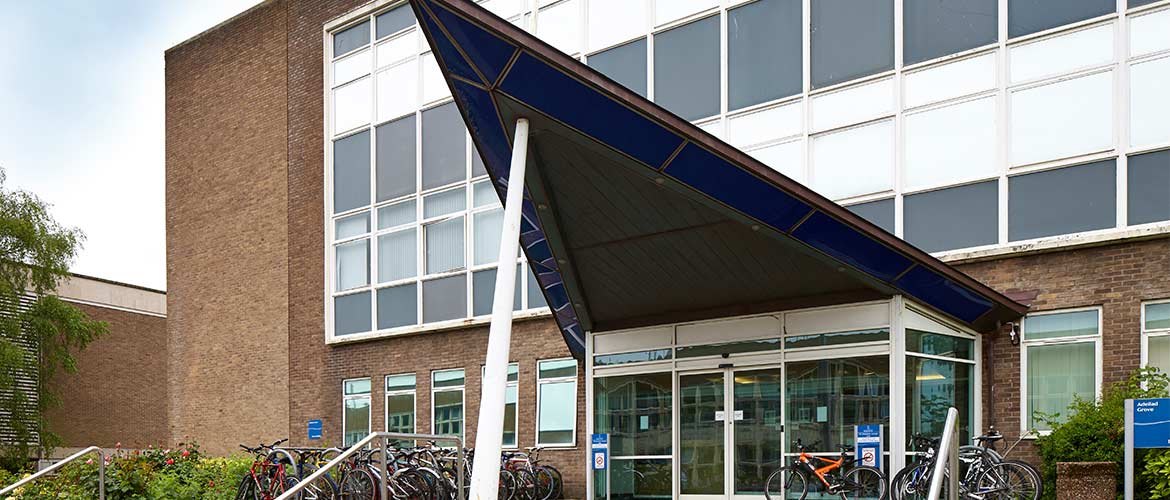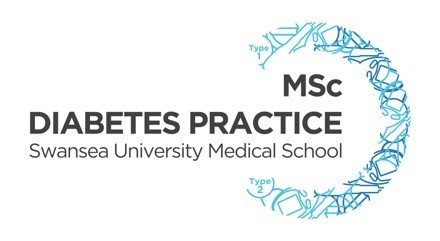-
PM-154
Human Physiology
Human physiology is the study of how our body works in an integrated way. A central principle of human physiology is homeostasis, the maintenance of a relatively stable internal environment. Failure to maintain homeostasis disrupts normal function that may lead to disease (or pathophysiology). Students will be taught the key concepts of homeostasis in the physiological systems of the body, enabling the student to understand the consequences of pathophysiology to human health.
Emphasis will be given to how malfunction of key physiological systems gives rise to disease, using specific examples to enable students to appreciate the relationship between physiology/anatomy and medicine. Fundamental principles of physiology will be illustrated with appropriate clinical examples and during lectures and in practical assignments.
Students will gain practical experience in assessing physiological function during four laboratory-based exercises. The impact of pathophysiology of such systems will be assessed through clinical case studies.
-
PM-254
Doctors, patients & the goals of medicine
The educational intention of the module is to allow the student to consider the contemporary practice of Medicine within the United Kingdom. This will include understanding the professional regulation, financial constraints and societal and personal challenges, within which medicine and other healthcare activities are practiced.
-
PM-300
Medical Genetics
The course is designed to provide an advanced study of the identification of human genes and the determination of the influence of human genes upon disease and health status. Gene identification provides targets for the development of new pharmaceuticals and the range of variation present in the population.
-
PM-340
Being a Medical Scientist
Much of a scientist¿s career is spent writing and speaking about science. The aim of this module is to give students a higher level experience of what being a lead researcher is like, away from the lab bench. Drawing on core knowledge from other modules, students will refine their oral and written communication and learn what leadership skills are needed to succeed in modern science. They will also be challenged to consider ethical aspects of research, including new technologies and the use of animal and human subjects. The module will be highly interactive, taught using informal lectures interspersed with students working in groups.
-
PM-344
Capstone Project
The aim of this module is to provide a capstone experience to students¿ learning, through participating in their own enquiry-based research project, with guidance from an academic supervisor. The project may be laboratory or non-laboratory based, but it will always involve a research question that is drawn from the literature, and focused on a topic relevant to the life sciences. It will ask a research question and involve the critical analysis of research findings. Students will refine their oral and written communication skills to a graduate level through an oral presentation and dissertation on their research findings and conclusions.
-
PM-356
The Sweet Sickness: Advances in Diabetes and Related Disorders
7% of the population suffers from diabetes. This prevalence is set to rise with an ageing population and increasing rates of obesity. The problem is especially acute in Wales, where over half the adult population is obese. According to Diabetes Wales, there are 177,000 people in the country living with diabetes, and estimates suggest a further 70,000 people have diabetes but are either unaware or have no confirmed diagnosis. If current trends continue, by 2025, it is estimated that 300,000 people in Wales will have diabetes.
This module will provide an overview of diabetes and the public health challenges it presents. The world-leading research of the Diabetes Research Group, located here at Swansea University Medical School, will be a particular focus with basic, clinical, epidemiological, social care and health services research discussed.
-
PM-366
Teaching Science
This module is for students with an interest in teaching, science communication, and medicine. Students will complete an enquiry-based research project, based within the field of pedagogy or science communication, with guidance from an academic supervisor. Projects may be completed in collaboration with local schools/colleges, community groups, science outreach programmes (e.g. Oriel Science), in clinical/patient settings, or within Higher Education. Students will engage with workshops and digital resources to introduce various themes surrounding pedagogy and science communication to prepare them for their research project. Students will be required to critically analyse their research findings and produce a teaching or outreach activity/resource. Students will refine their oral and written communication skills to graduate level through an oral presentation and dissertation.
-
PMCB01
Clinical Biochemistry for Biomedical Scientists
This module explores the key chemical principles relevant to biological systems, the structure and function of biological molecules and the biochemistry of processes which support life, including cellular metabolism and its control. This module is a core requirement for the MSc Biomedical Science courses. This module is available to visiting or exchange students and available as a stand alone CPD module.
-
PMDM01
Diabetes Basics
This module aims to introduce the basics of diabetes, a condition where there are an estimated 4.5 million people living with the disease in the UK alone, and a further 1.1 million that are undiagnosed. It will detail prevalence and pathophysiology, nutrition and self-care, and a basic understanding of associated complications. It aims to develop the students¿ knowledge of the many key factors that contribute to this enormous healthcare issue. The module will be delivered online via distance learning, with online assessments.
-
PMDM02
Diabetes Management I
This module is delivered primarily as a 5-day residential that aims to develop the students¿ knowledge of the available pharmaceutical treatments for diabetes. It will explore all aspects of current pharmaceutical regimes from oral medications through injectables to basic pump technologies. This will enable the students to not only have the opportunity to see and handle these pharmaceuticals, but also appreciate the wider context of medication planning and progression of the disease. The module will be delivered primarily on campus (5-day residential) with extra online content, and both in situ and online assessments.
-
PMDM03
Diabetes Events
This module will aim to explore and give a basic underpinning knowledge of events that can result from or affect diabetes care. This will include hypo- and hyperglycemia, illness and pregnancy, demonstrating causes of disruption and the courses of action required to ensure continuous diabetes management throughout. The module will be delivered online via distance learning, with online assessments.
-
PMDM04
Diabetes Complications
This module will detail and further enhance the students¿ knowledge of the micro- and macrovascular complications that can arise as a result of diabetes, including retinopathy, kidney damage, cardiovascular disease and stroke. It will highlight the associated risk, symptoms, progression and possible treatments with regard to these conditions. The module will be delivered online via distance learning, with online assessments.
-
PMDM05
Diabetes Management II
This module is delivered primarily as a 5-day residential that aims to enhance the students¿ knowledge of the advanced treatments for diabetes. It will explore continuous/flash glucose monitoring and all aspects of pump technologies and pregnancy usage. This will enable the students to see and handle these new technologies that are not necessarily common place in clinics, and appreciate the concept of treatment planning and progression using these devices. The module will be delivered primarily on campus (5-day residential) with extra online content, and both in situ and online assessments.
-
PMDM06
Diabetes Situations
This module will investigate the situations in which there are a need for specialised diabetes planning, treatment and care. It will highlight the areas of care that require specific and considered practice such as inpatient care, elderly/infirm patients and care in the community. The module will be delivered online via distance learning, with online assessments.
-
PMDM07
Dissertation (Research/Audit)
This module will comprise of a written dissertation of either a research project or audit. The piece will need to demonstrate independent learning and critical thinking to explore and add to the evidence base for a topic of relevance to their area of interest within the field of diabetes.
-
PMDM08
Work Based Portfolio
This module will allow students to review, appraise and evaluate the application of the knowledge gained throughout
the programme within their own professional work environment by providing a portfolio of evidence that is supported
by a reflective commentary.


